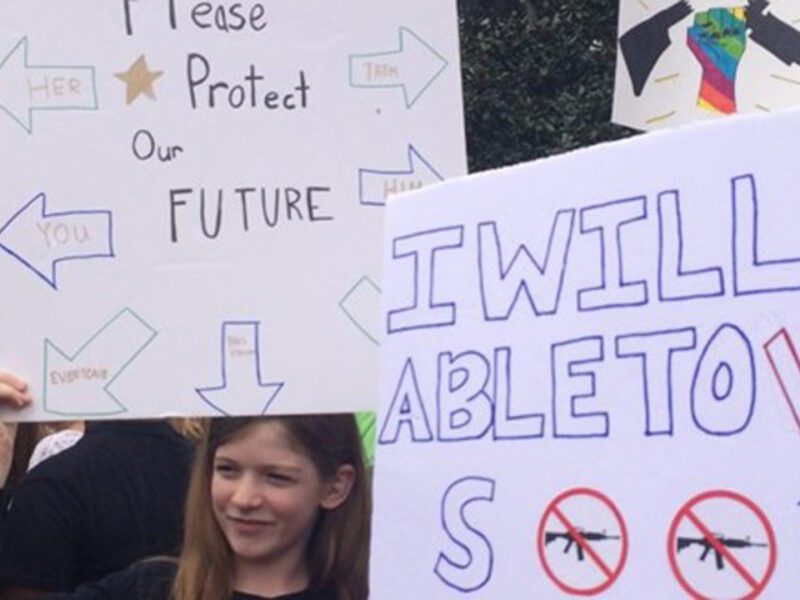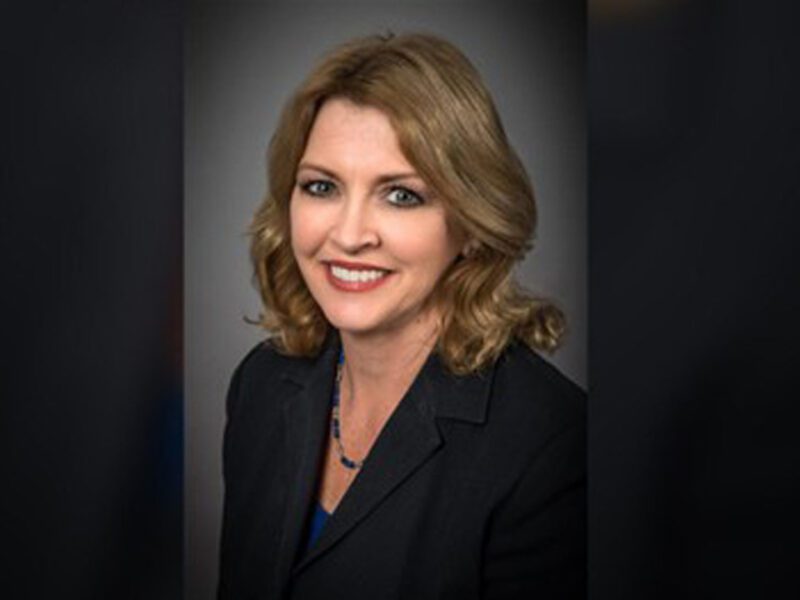Hoover moves to claim Scott Hopes’ former Manatee County School Board seat
Bradenton Herald | by Giuseppe Sabella | June 10, 2021
MANATEE
Garin Hoover, a local real estate broker, volunteer and concerned citizen, has entered the race for Scott Hopes’ former District 4 school board seat.
Vying for the governor’s appointment, Hoover said he filed an application with Gov. Ron DeSantis’ office on June 3, one day after Hopes resigned from the School Board. The former board member now serves Manatee County government as its county administrator.
Hoover also filed with the Manatee County Supervisor of Elections office in late April, preparing for a campaign to either hold or secure Hopes’ former seat in 2022.
More than 470 people have signed an online petition for the governor to appoint Hoover. And in a letter dated May 24, the Manatee Patriots — formerly known as Tea Party Manatee — recommended him for the appointment.
Hoover touched on critical race theory, among other topics, at a recent Manatee Patriots meeting, calling the concept a “leftist ideology” that had no place in schools. He then talked about his concerns with the superintendent and the amount of property taxes received by the school district.
“I have a grassroots movement and a lot of people supporting me,” Hoover said in an interview Wednesday. “I don’t need a learning curve. I will hit the ground running if appointed.”
Hoover, a member of the Florida Bar, has a background in insurance defense, property damage litigation and labor law, though he now works full time as a real estate broker.
Outside of his career, he volunteers on the school district’s Citizens’ Financial Oversight Committee, helping to keep track of how the district collects and spends tax revenue.
He also serves as a member of the Manatee County Republican Executive Committee, the New College Board of Trustees, and the Public Policy Committee for the Realtor Association of Sarasota-Manatee, according to his resume.
And after frequent public comments and critiques at School Board meetings, the district’s elected officials have come to know his name.
“I’ve been actively involved with the school district for the last four years,” Hoover said. “The initial reason was because of the special election. Since then, I’ve delved into many issues.”
It cost the school district approximately $300,000 to hold a special election for its one-mill tax referendum in 2018. And the upcoming special election to renew that tax hike is expected to cost around $400,000.
Superintendent Cynthia Saunders has said the district was unable to use taxpayer money for those special elections. Regardless of the funding source, Hoover said, the district could have waited for general elections to hold its tax referendums, saving a large sum of money and allowing input from more voters.
In Hoover’s eyes, the tax referendum was one example of a lack of accountability in the school district, which operates on an annual budget worth more than $800 million.
He cited past projects that went millions of dollars over budget, including school construction and the troubled ERP software project. District leaders also made a recent last-minute request for $800,000 to fund substitute teachers through the end of the year.
“That should have been foreseen months and months ago. They can’t blame it on COVID because they knew COVID existed and knew they needed substitute teachers. This is just one example,” Hoover said.
During the interview on Wednesday morning, Hoover also delved into his concerns with leadership in the school district. He highlighted the need for more district leaders who come from a managerial background and not an educator background, two important but different roles, Hoover said.
He then called on district leadership to more readily welcome school employees’ feedback.
“It’s a very top-down management approach,” he said of the school district. “I come from the belief that we need to focus on our teachers and listen to them more. If you ask the teachers, they don’t get to give much input.”
When asked for his priorities, Hoover said he wanted to improve grade-level reading and to offer high school students more opportunities to earn industry certifications and job opportunities.
The district, he continued, was also in need of more financial accountability and fewer restrictions on public comment at school board meetings.
“We need to address these issues so that we can move forward in a more positive direction,” Hoover said.







